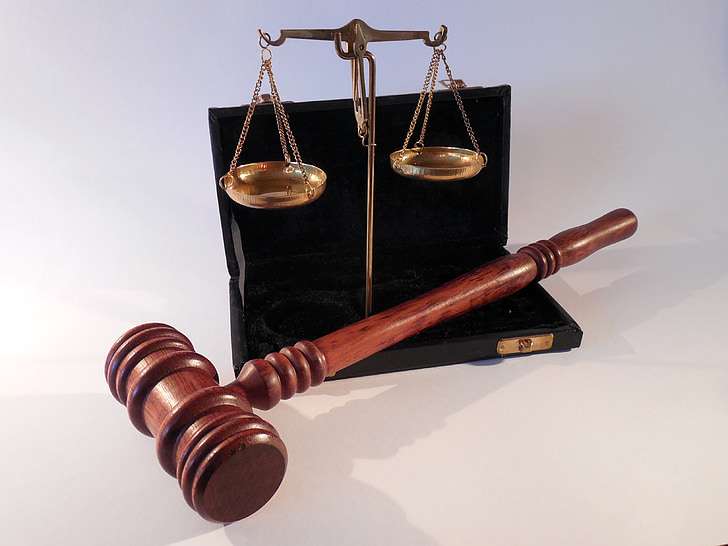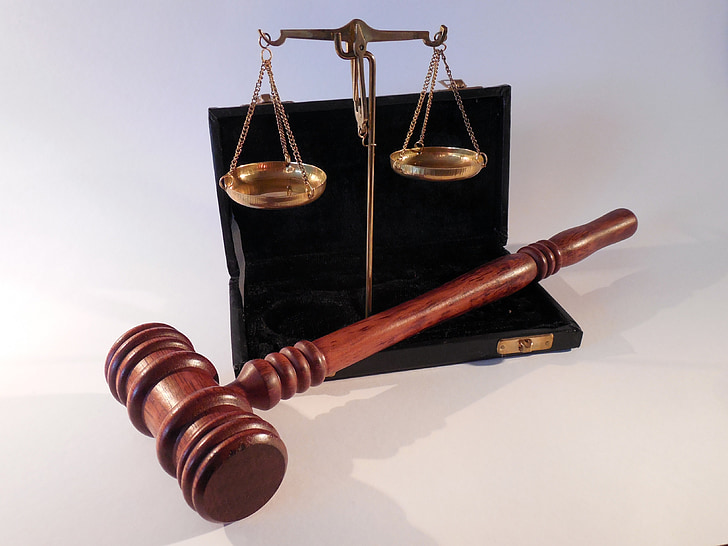Report: Judiciary/OPD Approval

GatoPoll last conducted a judiciary approval poll in early March, covering both the Supreme Court and lower courts. The results for that poll were highly anticipated and although there was expressed interest in more regular polling of judiciary approval, that idea fell through the cracks.
Nearly two months later, we received a poll sponsorship request for a follow-up, as well as gauging trust in the Office of Public Defenders and public views on trial speed. We obliged, and the results can be seen below, compared to the previous poll's results where applicable.
Supreme Court
The following charts compare the Supreme Court justices' current approval ratings to the previous poll's results. It should be noted that then-Chief Justice Alexa resigned in the interim, with Justice IvyCactus replacing her and Sparty being elevated to Chief Justice.
Each page shows a different calculation: the first displays the net approval, while the second and third display the raw approval and disapproval numbers, respectively.
Justice Syndicality's net approval rating decreased slightly (-5.2%), driven by a flat approval rating but increased disapproval, but remains extremely popular at +70.7%.
Justice Ivy Cactus was confirmed on March 30th, and has since proven to be similarly popular. At +65.1% net approval, his numbers rival those of Justice Syndicality, and he has the lowest disapproval (5.3%) of any justice in either poll.
Chief Justice Sparty's net approval rating has increased by nearly 30 points, going from -16.8% to 11.6%. Not only has the Chief Justice's disapproval level dropped sharply from its high in March, but his raw approval has also increased, showing a major turnaround in public opinion.
Advertisement
Public trust in the Supreme Court has also greatly increased; although over a quarter (26.1%) of respondents expressed doubts in the Court (with 11.5% saying they had no trust at all), that number has now dropped to 8.2% expressing "not much" trust, and no respondents expressing "none at all".
Most importantly, that decrease in doubt translated almost entirely to greater numbers with a "great deal" of trust in the Supreme Court (+15.5%) while those who have a "fair amount" of trust largely held steady around 50%.
Lower Courts
The next charts display the lower court judges' approval ratings over time, with each page again showing different sections of the data.
Judge Terak is the only new addition to the bench since March, although Judge Benbookworm stepped down to become Attorney General for a few weeks in April before being confirmed again to the lower courts about a week ago.
All judges but Heinrich continue to enjoy net approval ratings over +50%, although Heinrich has nearly tripled his net approval in the past two months to +32%. The only judge who saw a decrease in net approval was Judge Benbookworm, falling 17.7% since March, likely due to his term as AG.
Judge Terak, a relative newcomer to the bench has the second-highest net approval, just behind Judge Average787enjoyer, with both at nearly +90% (+86.5% and +87.8, respectively).
Similar to the Supreme Court, the lower courts also saw increased public trust and confidence, with the same level of "not much" and "none at all" responses in both March and May (including the same drop to 8.2% and 0%, respectively).
However, respondents were slightly more hesitant to express full trust in the lower courts comparatively, with a 14.5% increase in those with a "fair amount' of trust and only a 4.3% increase for those with a "great deal" of trust.
Advertisement
OPD Trust and Trial Speed
Trust in the Office of Public Defenders (OPD) and the speediness of trials were not polled in March, so the following charts only contain data from the most recent poll.
The OPD enjoys a high level of trust with nearly two-thirds (64.5%) of respondents expressing a "great deal" or "fair amount" of confidence in the institution. Notably, 15.1% of respondents were unsure of their opinion on the OPD.
For civil and criminal cases, what's most clear is that a majority (or near-majority) of respondents believe that cases progress too slowly: 49.7% for civil cases, and 57.9% for criminal cases.
For civil cases, respondents were either unsure or thought the speed was "just right" in roughly equal amounts (23.5% and 26.8%). For criminal cases, however, only 16.2% felt the speed was "just right," while a tiny minority (3.8%) believe they progress too quickly; 22.2% were unsure.
Overall, both trust in and approval of the judicial system and related institutions are largely high and have increased since March. This, coupled with the recently-decreased threat level due to successes against external bad actors, bodes well for the future of SimDemocracy.





